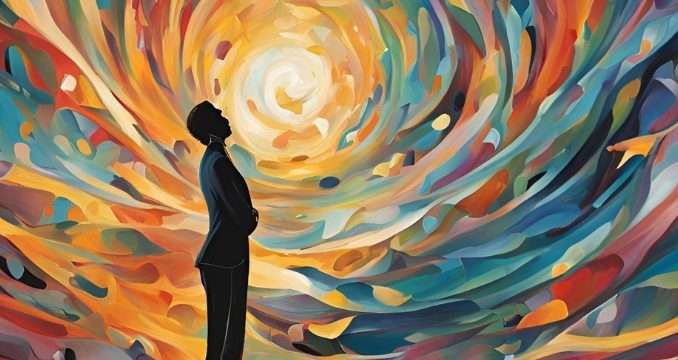
WHY WE CAN’T “FIX” A BROKEN SYSTEM
The Old System Was Built to Break
Let’s be honest:
The systems we live in — energy, food, housing, health, media — weren’t designed to serve everyone.
They were designed to:
- Extract resources
- Exploit labor
- Enrich the few
- Obsolete everything else
That’s not dysfunction.
That’s intentional design.
Who Profits from the Collapse?
While communities struggle, the system’s architects profit from the chaos:
- Built-in obsolescence → more stuff to sell
- Centralized control → more power to hoard
- Scarcity by design → more manipulation, less freedom
These systems don’t need repair.
They need replacement.
What’s the Better Way?
We don’t need tweaks.
We need transformation.
Here’s the shift:
- From centralized control → to community ownership
- From extraction → to regeneration
- From consumers → to co-creators
Enter: MOBILIZEDNEWS.com
Imagine a global network of local systems — all co-created, community-powered, and interconnected.
That’s MOBILIZEDNEWS.com:
- A decentralized media and knowledge hub
- Built for truth, not profit
- Powered by the people, for the planet
️ Learn. Share. Build Better.
We’re not starting from scratch — we’re learning from the cracks.
It’s time to evolve:
- Rethink what systems are for
- Rebuild them from the ground up
- Regenerate life — not just maintain survival
The future isn’t centralized. It’s Mobilized.
✅ ACTION STEP:
Join the movement.
Contribute, create, and connect at MobilizedNews.com.
This isn’t just media. It’s the blueprint for a better world.
